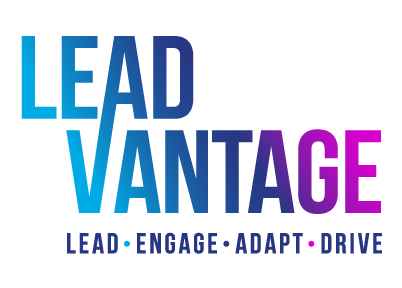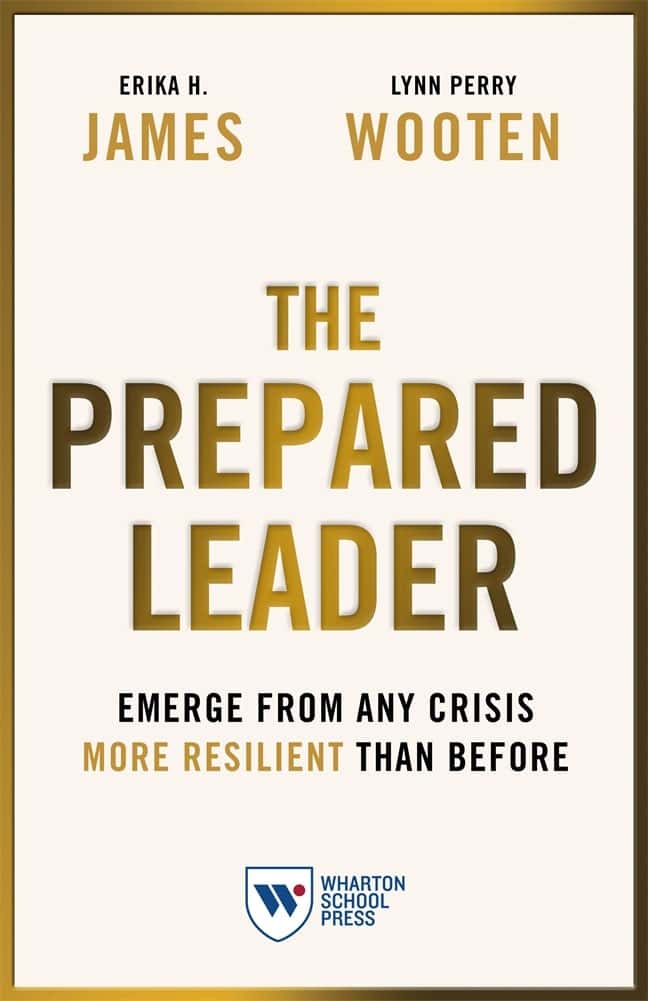In today’s unpredictable world, crises are inevitable and represent a crucial aspect of organizational health—what Erika James and Lynn Wooten call the “fourth bottom line.” The challenge is that cognitive biases often distort our perception of risk. We might undervalue the possibility of severe adverse outcomes, focus excessively on present issues rather than future implications, and find it challenging to alter our course of action even when evidence suggests a need for change. Recognizing these biases is the first step in developing effective crisis management strategies.
Being a prepared leader involves several key actions:
- First, you must stay vigilant by scanning your environment for signs of potential crises.
- You want to develop and maintain robust processes and systems that can quickly mobilize your team when needed.
- Understanding your team’s skills and capabilities is critical to leveraging their strengths effectively during a crisis.
- Finally, clear communication protocols ensure critical information is relayed efficiently and accurately, minimizing confusion and enhancing response effectiveness.
The Five Phases of Crisis Management
James and Wooten outline five essential phases of crisis management, each crucial for navigating through turbulent times:
- Early Warning and Detection: This phase involves identifying potential threats before they escalate. Staying attuned to early indicators allows for timely intervention.
- Preparation and Prevention: This stage involves having contingency plans and preventative measures. Establishing protocols and training your team ensures readiness for various scenarios.
- Damage Containment: When a crisis strikes, it mitigates its impact. Effective damage control involves quick, decisive actions to limit the spread and severity of the issue.
- Recovery: After managing immediate threats, the focus moves to restoring normal operations. This phase involves assessing the damage and implementing recovery strategies to return to stability.
- Learning and Reflection: The final phase emphasizes analyzing the crisis response and identifying lessons learned. This reflection helps refine strategies and improve preparedness for future crises.
Nine Essential Skills for Crisis Management
- Sense Making: Understand the trajectory of warning signs and their implications. Influential leaders interpret data to predict potential outcomes and plan accordingly.
- Perspective Taking: Engage diverse voices and collect ideas from your team. Multiple viewpoints enhance problem-solving and ensure comprehensive understanding.
- Your Influence: Maintain transparency and trust. Delegate tasks to experts, communicate clearly and foster an environment where expertise drives decision-making.
- Organizational Agility: Ensure your organization can swiftly adapt to changing circumstances. Agility and team autonomy are crucial for navigating disruptions effectively.
- Creativity: Cultivate a culture that encourages innovative thinking. Leverage creative solutions and explore unconventional approaches to address challenges.
- Effective Communication: Implement mechanisms to cascade critical information effectively. Manage uncertainty and relay urgency to keep everyone aligned and informed.
- Risk-Taking: Review past errors to mitigate future risks. Assess the stakes of inaction and make informed decisions that balance risk and reward.
- Promote Resilience: Invest in continuous development for yourself and your team. Identify skill gaps and work on strengthening them to enhance overall resilience.
- Individual and Systemic Learning* Develop mechanisms for real-time learning and track progress. Implement changes based on insights gained to improve future crisis management.
Navigating a crisis requires a comprehensive understanding of its impact and context across all operations. Leaders must deploy various tactics and resources, and the status quo often falls short. By embracing the principles and skills outlined by James and Wooten, organizations can better prepare for, manage, and recover from crises, ensuring long-term resilience and success.

At Lead Vantage, we empower clients to prepare for any scenario. Schedule a call with us to discover how our tailored coaching can address your unique needs.




